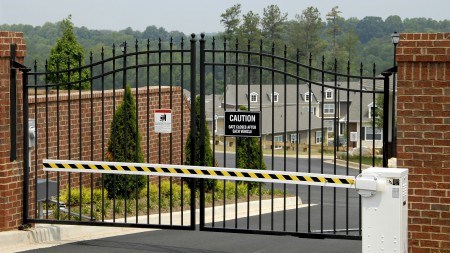Rules in sectional title schemes are prescribed by the Sectional Title Schemes Management Act (Regulations), whereas establishing the rules in Homeowner Association (HOA) run estates can be slightly more complicated than sectional title schemes.
These rules depend on whether the HOA is a non-profit company or as a common-law association (if run as a company, there is more leeway and directors can decide to implement self-serving rules in their estates), says Michael Bauer, managing director of property company Saproperty.com, which provides sectional title management and estate management services to homeowners associations.
In sectional title schemes management rules are there to prescribe the way sectional title scheme administrative duties by the trustees are carried out. The way the rules are set out is the way all sectional title schemes must be run.
Read more: Community living - How to make it a success
Conduct rules govern behaviour or conduct of residents, which are prescribed within the Regulations and cover issues such as pet ownership, refuse removals, usage of common and exclusive use areas, vehicle parking, and so on.
The conduct rules and some of the management rules can be changed if the owners within a scheme decide they need amendments made. If it is a management rule to be changed, a unanimous resolution is required and if a conduct rule, then a special resolution. These can be amended by applying to the Community Schemes Ombud Service (CSOS), who will evaluate whether they are just and applicable, and then approve them if they are.
Because any amendments to rules in sectional title schemes have to now be approved by CSOS, there is less chance of unreasonable rules being made and passed, says Bauer.
However, HOAs have been known to pass “odd” and unreasonable rules, purely because of the way the HOA has been established and if it is run according to the company act or by the LUPO (Land Use and Planning Ordinance) Act, rules, the directors may establish a rule that seems unreasonable to many others. For example, the HOA might insist that they have full control of all service providers within the scheme. This could be because they get a kickback in some way or one of the directors does. This eliminates competition and keeps control of who has the right to enter the estate but also stops residents from choosing the service provider they like and trust from doing the job. This has been known to extend from choosing a plumber or building contractor, to which agent will be entitled to work in the estate and sell properties there.
Another unreasonable HOA rule is one where they can restrict the buying of prepaid water or electricity (again as they have control of the service provider) unless all levies are paid up to date.
The Companies Act makes provides that the directors can make rules and that these rules must be published and ratified by the members of the company, but allows the company’s Memorandum of Incorporation (MOI) to restrict or remove this entitlement. The complication with this is that the rules referred to are company governance rules, not HOA governance rules, which are more commonly called conduct, estate, or house rules. Company governance rules should deal with the running of the company itself, which would be the election or appointment of directors, meetings, membership of the association, meetings of members, financial matters, and record keeping.
The owners of properties in any HOA estate are legally bound to the rules as these are registered as a title deed restriction in favour of the HOA. While these are usually put in place to protect the interests of all the owners in the estate, some can become or be seen to be an infringement on the basic rights to the enjoyment of the property, said Bauer.



